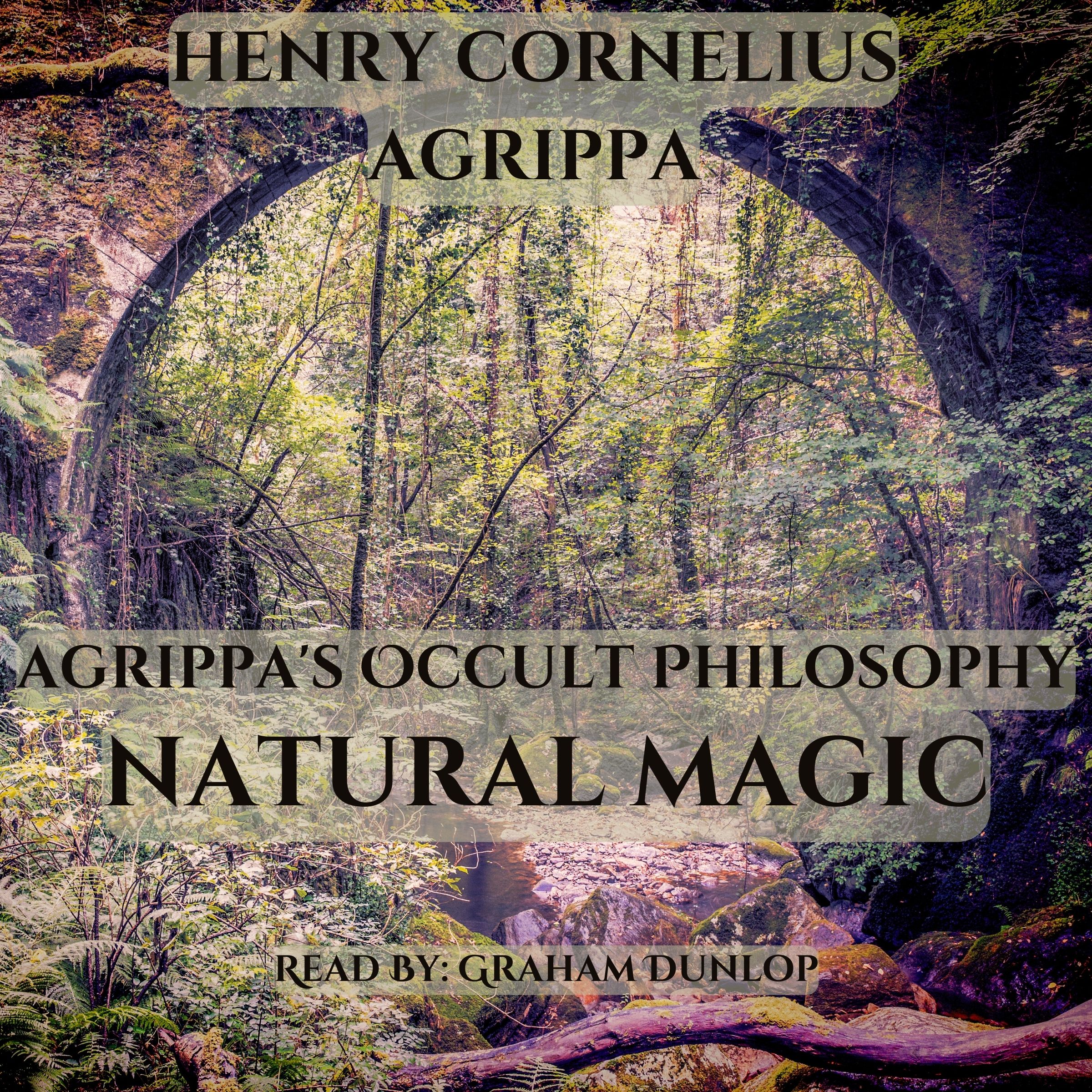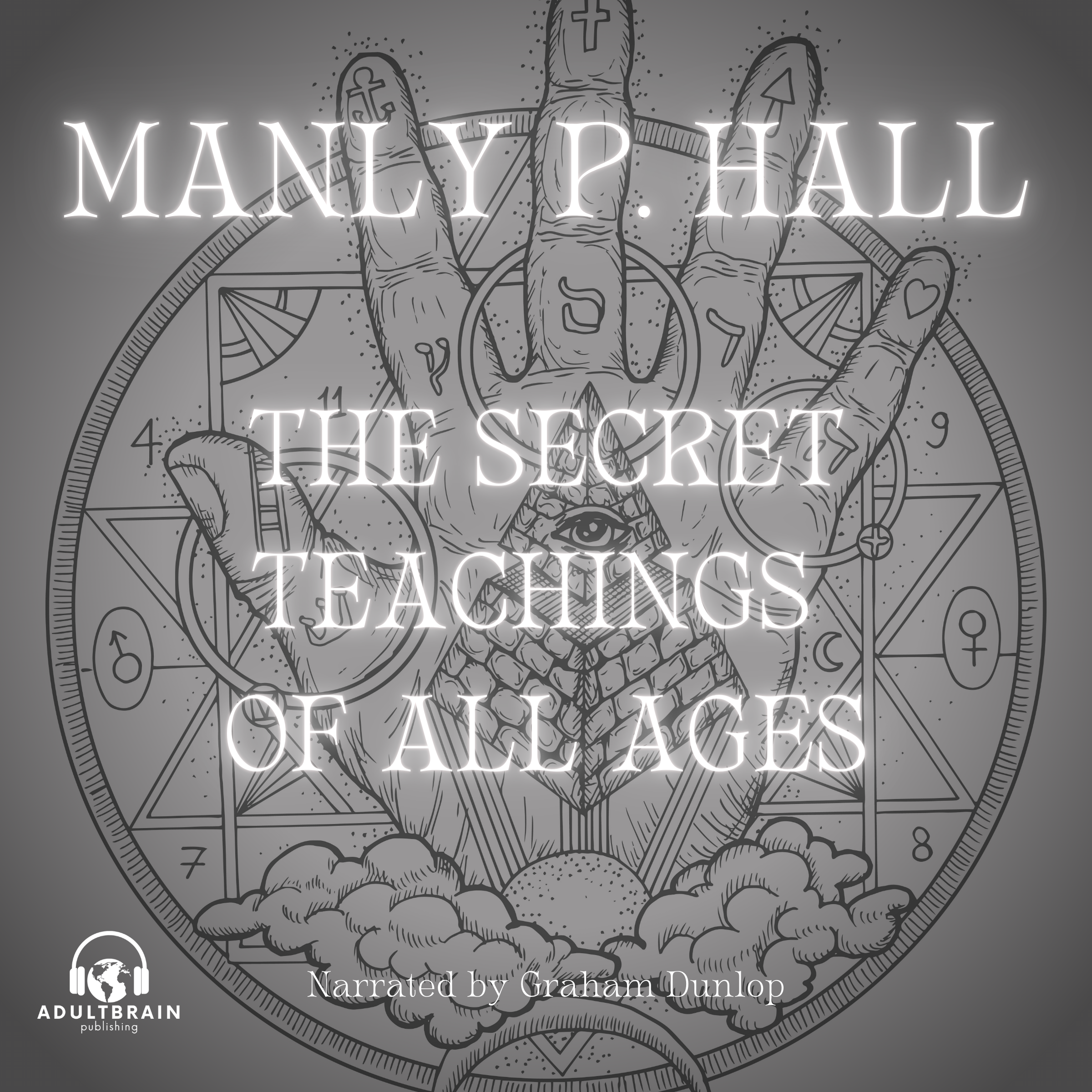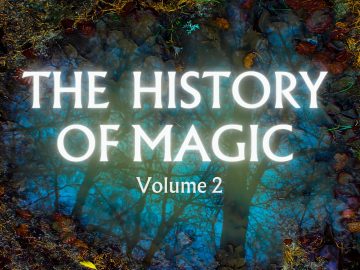In the last half of 1509 and the first months of 1510, Cornelius Agrippa, known in his day as a magician
Occult Philosophy or Magic- Natural Magic, Henry Cornelius Agrippa, Volume 1
Which Includes the Early Life of Agrippa, His Seventy-Four Chapters on Natural Magic
In the last half of 1509 and the first months of 1510, Cornelius Agrippa, known in his day as a magician, gathered together all the mystic lore he had obtained by the energy and ardor of youth and compiled it into the elaborate system of magic, in three books, known as Occult Philosophy, the first book of which Natural Magic constitutes the present volume.
Chapter Timestamps
00:00 – Editors Preface
5:34 – Early Life of Agrippa
25:06 – Agrippa to the Reader
31:12 – Agrippa to Trithemius
41:21 – Part 1
1:03:20 – Part 2
1:35:28 – Part 3
2:00:05 – Part 4
2:21:31 – Part 5
2:48:42 – Part 6
3:00:005 – Part 7
3:20:29 – Part 8
3:37:58 – Part 9
4:07:20 – Part 10
4:30:31 – Part 11
5:18:19 – Part 12
5:48:16 – Part 13
6:14:59 – Part 14
6:30:21 – Part 15
6:48:25 – Criticisms
6:52:18 – Agrippa and the Rosicrucions
7:09:04 – Exposition of the Cabala
7:28:18 – New Table of the Cabala and Tarot
7:30:42 – The Mirific World
7:36:10 – Reuchlin the Mystic
7:52:40 – Agrippa Expounds Reuchlin
7:58:46 – The Nobility of Woman
8:26:38 – Order of the Empryian Heaven
8:38:38 – Symbol of the Alchemists
8:43:29 – The Magic Mirror, a Message to Mystics
The Occult Philosophy.
Judicious Reader: This is true and sublime Occult Philosophy. To
understand the mysterious influences of the intellectual world upon the
celestial, and of both upon the terrestrial; and to know how to dispose and
fit ourselves so as to he capable of receiving the superior operations of
these worlds, whereby we may be enabled to operate wonderful things by a
natural power—to discover the secret counsels of men, to increase riches,
to overcome enemies, to procure the favor of men, to expel diseases, to preserve
health, to prolong life, to renew youth, to foretell future events, to
see and know things done many miles off, and such like as these. These
things may seem incredible, yet read but the ensuing treatise and thou
Shalt see the possibility confirmed both by reason and example.
—J. F., the translator of the English edition of 1651.
Podcast (audiobooks): Play in new window | Download
Adultbrain Premium: (Protected Content)





